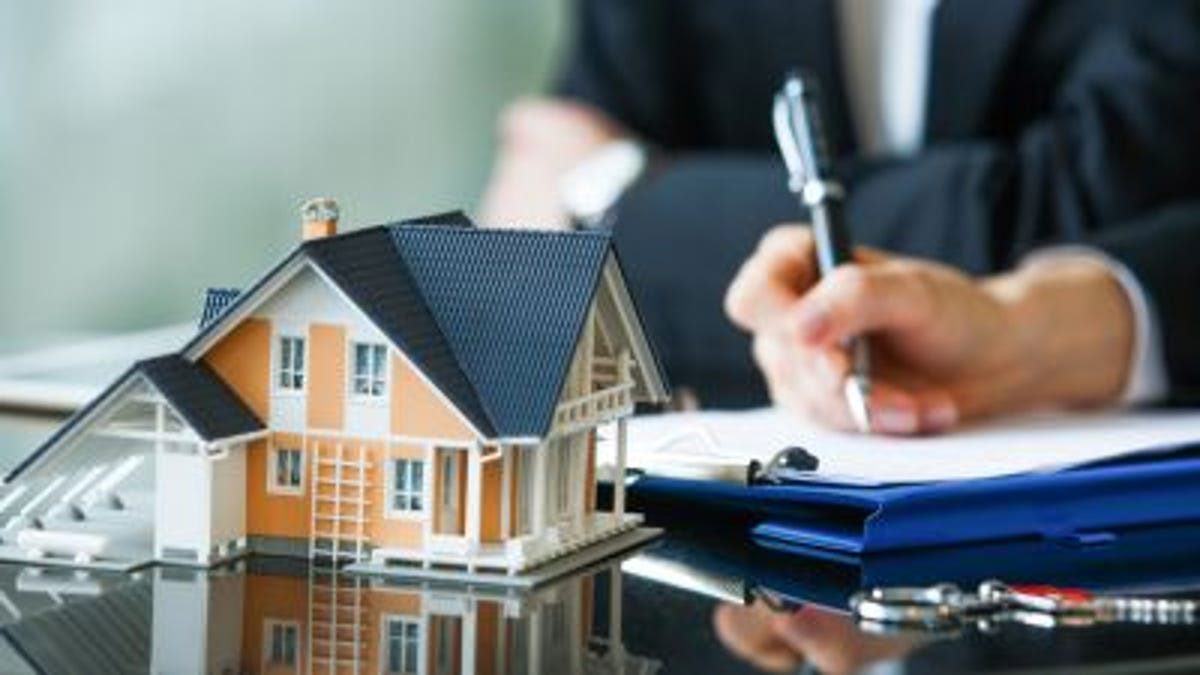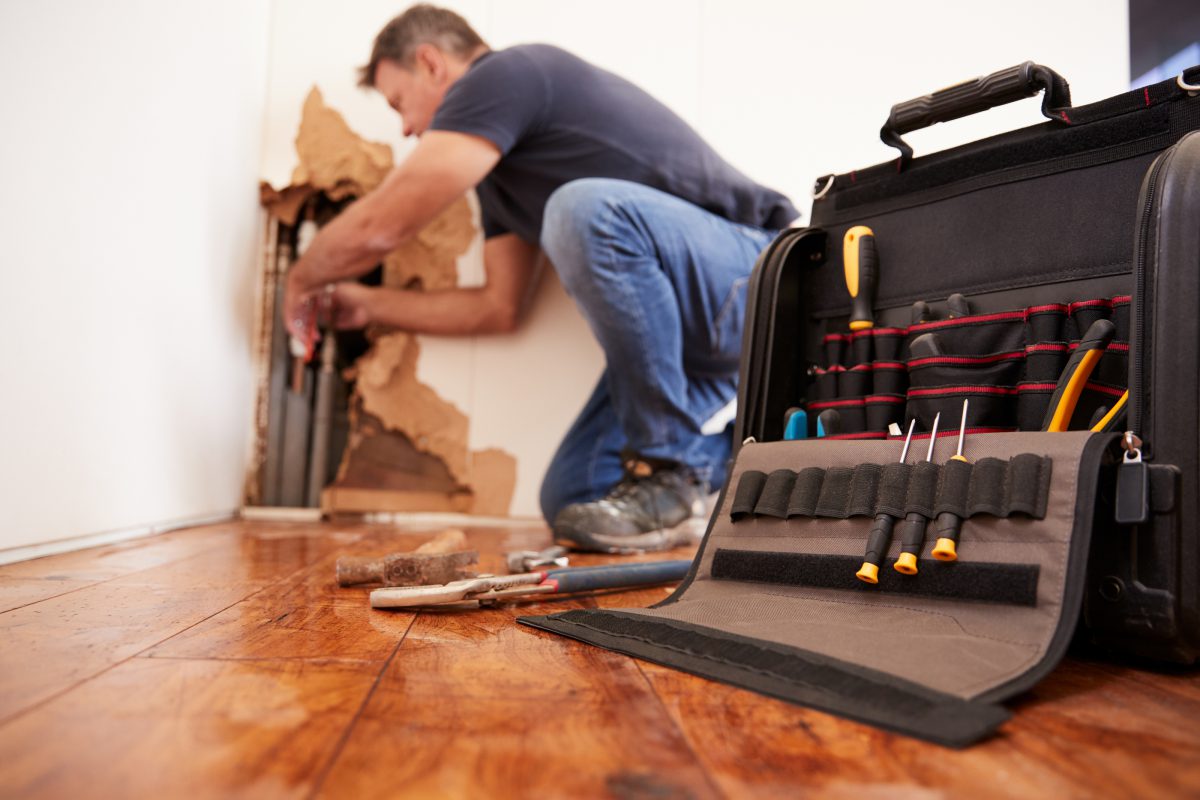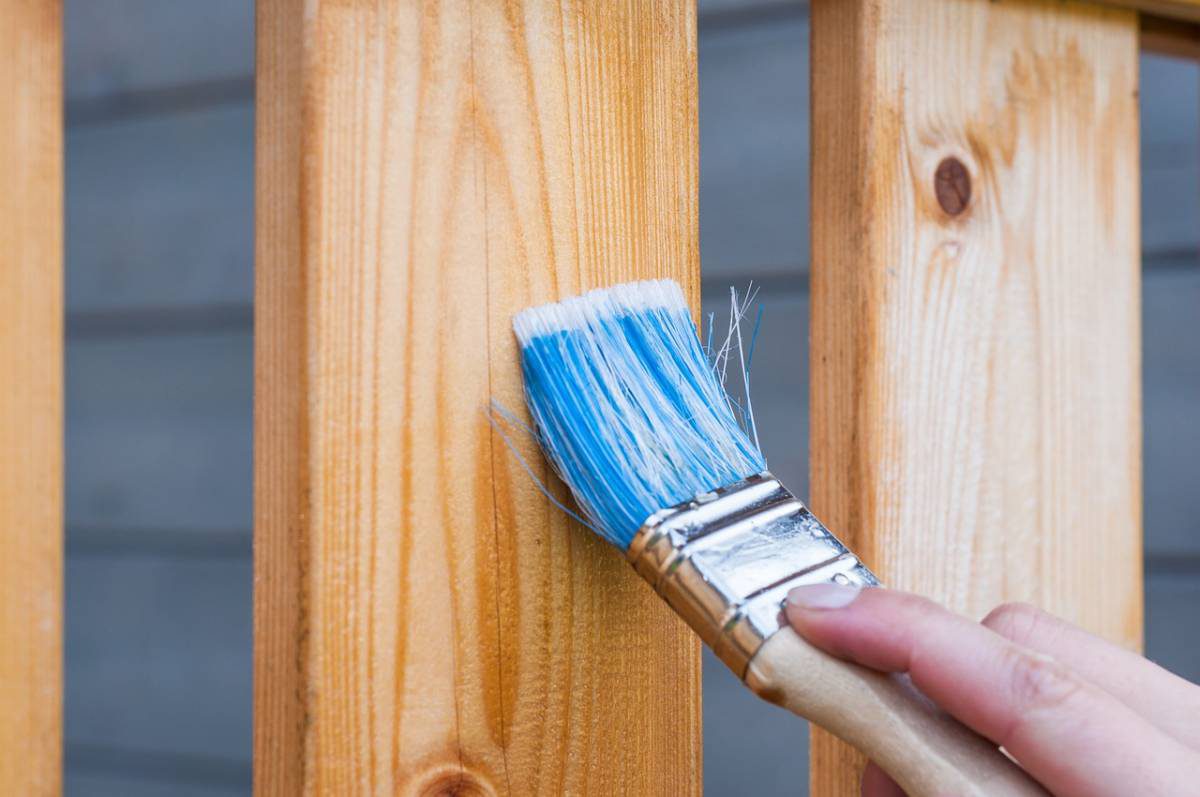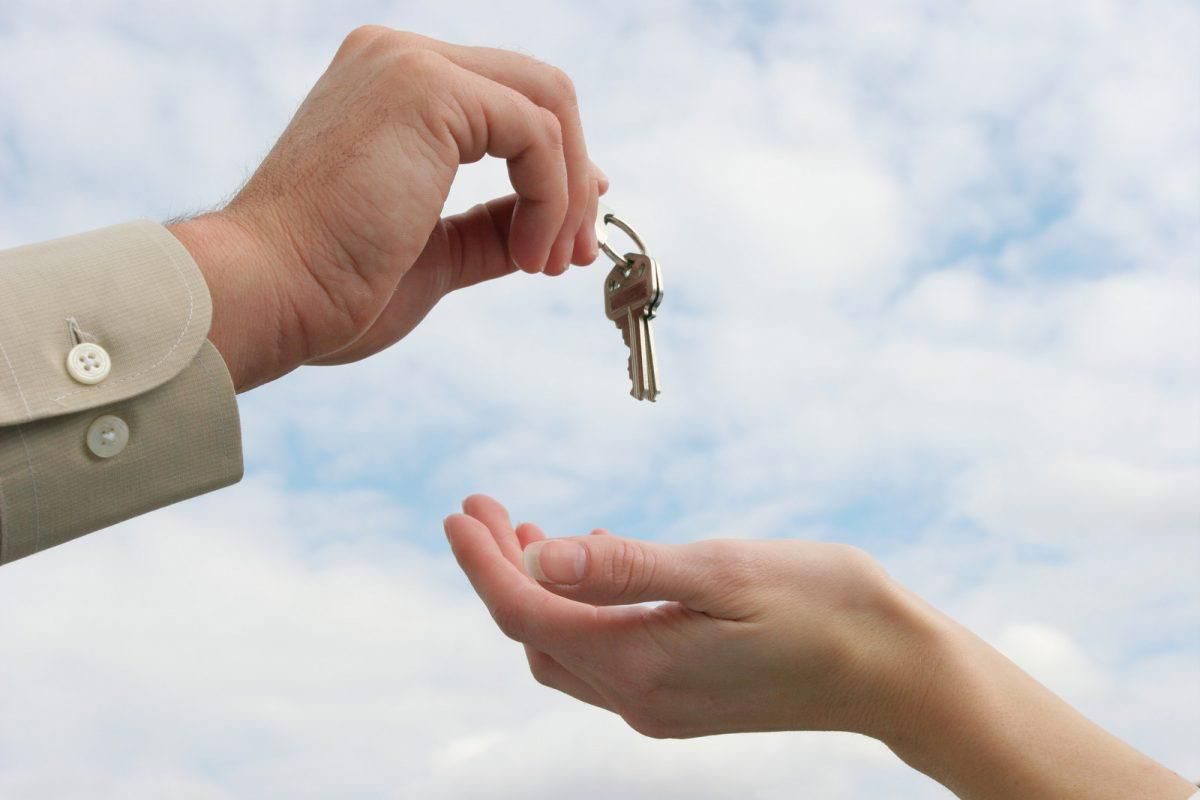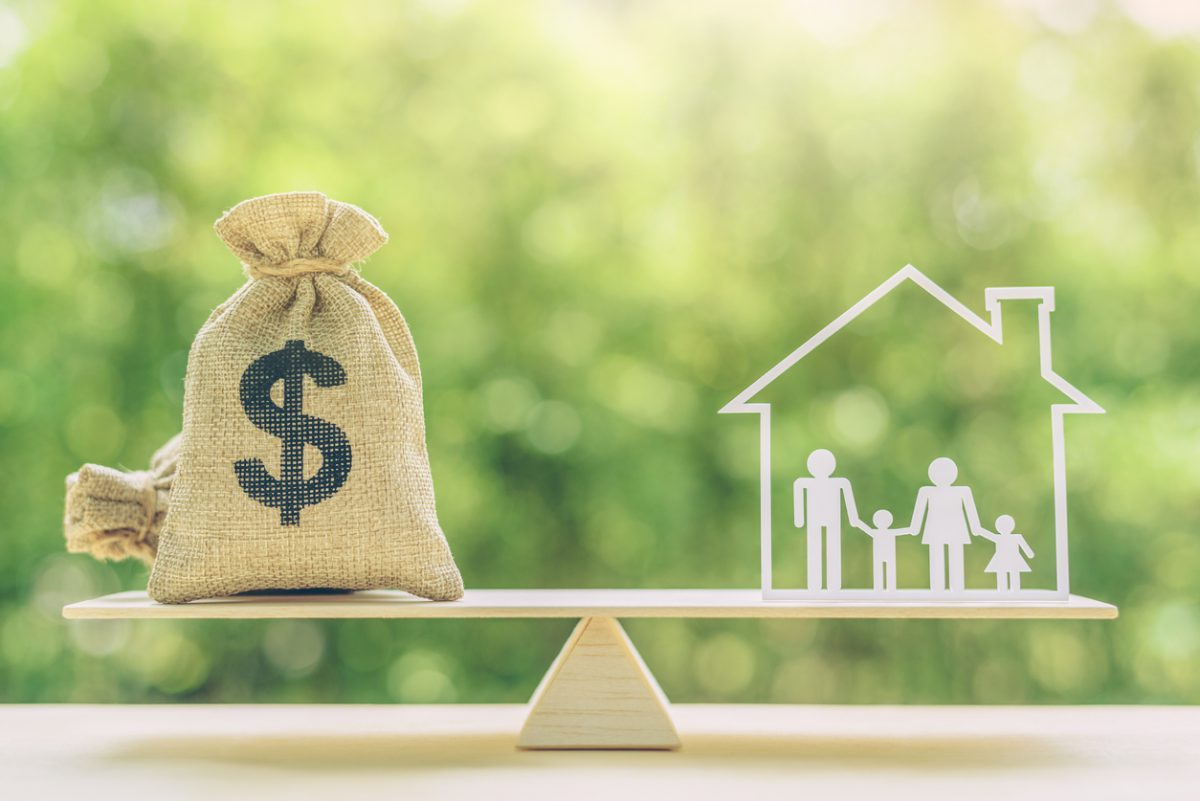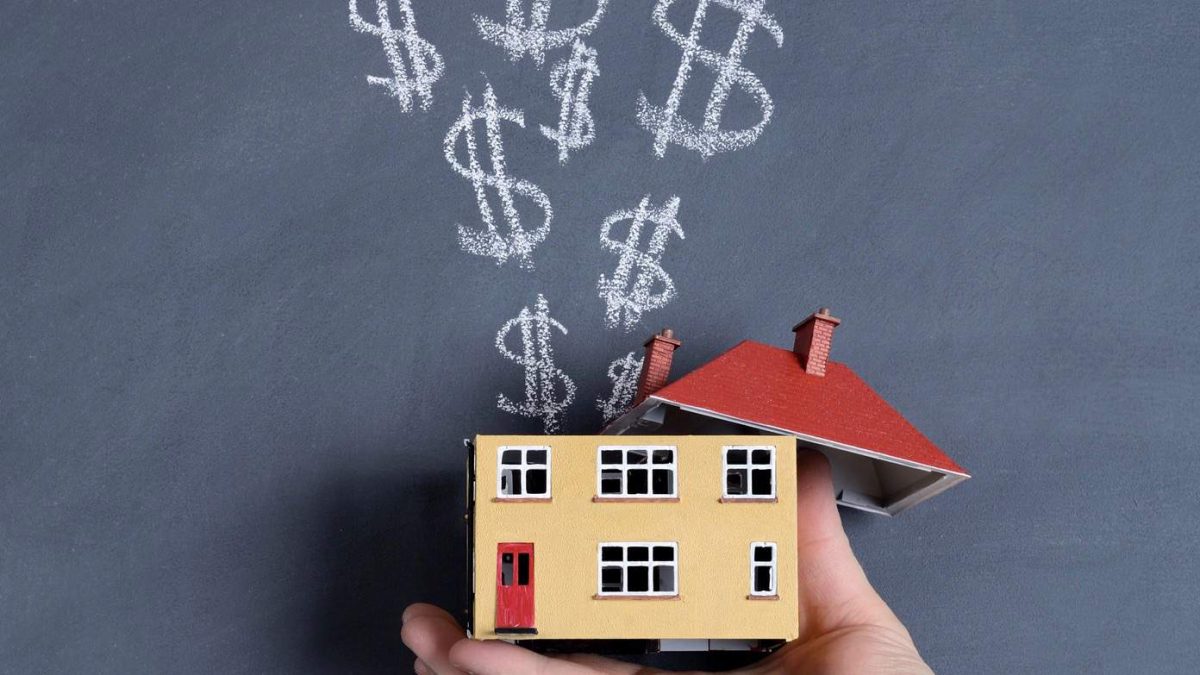If you are now struggling to make your mortgage payments, you’re not alone. According to RealtyTrac, 1 in every 2,253 homes is in foreclosure. In New Jersey, it’s 1 in every 1,043 homes; in Ohio, it’s 1 in every 1,503 homes.1 And with the novel coronavirus pandemic leading to rising levels of unemployment and income loss, you may feel that you’re also on the fast track to becoming another foreclosure statistic. Know that the federal government is suspending all evictions and foreclosures until the end of April. And if your mortgage payment issues are related to COVID-19, both Fannie Mae and Freddie Mac, which together guarantee more than two-thirds of all mortgages, are offering assistance to those financially struggling due to the fallout of the virus.
Whether your trouble meeting your mortgage payments is coronavirus-related or not, the first thing to do is to call your loan provider. If you can, try doing this before missing payments, as this will keep the largest number of options available to you. Here, experts lay out different options for when you’re struggling to pay on time.
Solution #1: Refinance to Change Your Interest Rate Terms
Refinancing to an adjustable rate mortgage (ARM) is a viable option if you’ve almost finished paying off your mortgage. “More and more consumers recognize the financial benefits an adjustable rate mortgage can provide under the right circumstances,” says Hensling. A perfect example is a homeowner who anticipates selling their home in the next three years and currently has a $400,000 fixed rate loan at 4.25% paying $1,976.76 per month.
Hensling says if the homeowner refinanced to a hybrid adjustable rate mortgage fixed for five years at 2.875%, this would reduce the monthly payment to $1,695.57 per month and save $281.19 per month.
Jeremy Brandt, CEO of WeBuyHouses.com, agrees, adding, “If a home is nearly paid off, the vast majority of the monthly payments are going to equity and not interest. Refinancing to an ARM might solve short-term cash flow issues by reducing the monthly payment at the expense of subsequent payments.” That being said, if interest rates start increasing, the monthly payments may increase over a period.
Alternatively, if you have an ARM, switching to a fixed rate mortgage may not lower your current monthly payments, but it can stop your payments from growing. “This makes sense if current fixed rates are lower than the ARM interest rate, or if you expect to move later than the next three years,” says Brandt. However, he warns that if you’ve been in an ARM for a while, the fixed rate you refinance into may be higher than your existing rate and this can cause your monthly payment to go up.
Solution #2: Request Mortgage Forbearance
Both Freddie Mac and Fannie May released guidelines for mortgage forbearance related to COVID-19. Essentially, they each are providing mortgage forbearance to borrowers financially affected by the novel coronavirus for up to 12 months. That means that individuals can reduce or suspend their payments for that time. Additionally, any related mortgage delinquency won’t be reported to the credit bureaus, so missing payments won’t tank your credit score. After the forbearance is over, lenders will work with borrowers to modify loans to lower monthly payments as necessary.2 3
Solution #3: Refinance to a Longer-Term Loan
Spacing your loan out over a longer period is one option that can reduce your monthly payment amount. Refinancing to a longer-term loan is the simplest way to reduce monthly mortgage payments, especially when cash flow is a problem, according to Al Hensling, president of United American Mortgage in Irvine, Calif.
However, it’s important to note that your interest rate will increase. To offset this, Matt Hackett, underwriting and operations manager at New York-based Equity Now, recommends making higher payments to increase the speed at which you pay down the principal. The majority of mortgages have no prepayment penalty (though you should definitely check yours).
Solution #4: Modify the Loan
A loan modification is an alternative for those who cannot refinance their loan but need to lower their monthly house payment. But, unlike a refinance, it requires a hardship. Pierce says borrowers must show the lender that as a result of a financial hardship, they are not able to continue making the regular monthly house payment. “This process involves extensive paperwork that must be completed and sent to the lender for review,” says Pierce.
She recommends that homeowners get counseling through a HUD-certified organization to fully understand their options and get help contacting the lender. “However, not all lenders offer loan modifications or may just offer short term loan modifications,” says Pierce.
As part of their mortgage assistance plans related to COVID-19, Fannie Mae and Freddie Mac are both allowing borrowers to modify their loans after forbearance.32
Solution #5: Get a Home Equity Loan
Getting a home equity loan may provide immediate assistance to struggling homeowners, but this strategy only works if you have a lot of equity in your house, which means that your home is valued at much more than you owe on it. Anthony Pili, director of strategic planning at Greater Hudson Bank in Bardonia, New York, advises struggling homeowners to consider paying off a mortgage with a home equity line. “Banks usually cover all closing costs on home equity lines. The savings in closing costs can be used to pay off the principal balance quicker,” says Pili.
He adds that this strategy is highly effective for borrowers who have the self-discipline to pay more than what is owed each month, since the minimum payment is usually just the interest that has accrued during the month.
Solution #6: Get the Lender to Eliminate Private Mortgage Insurance
Depending on how much equity is in your home, eliminating the private mortgage insurance (PMI) can lower your mortgage payments. “If you have at least 20% equity in the property, I recommend contacting the lender about dropping the mortgage insurance,” says Pierce. She explains that borrowers who usually don’t pay 20% down are required to have PMI for at least two years, but says there may be exceptions to the two-year rule. For example, if the homeowner made improvements to the house that increased the value, the requirement may be waived.
Solution #7: Challenge Property Taxes
If the value of your home has dropped, challenging your property tax may provide some financial relief, says Cara Pierce, a certified housing counselor at Clearpoint Credit Counseling Solutions, a national nonprofit organization. “You’ll need to contact the county tax assessor’s office in the county in which the house is located to see what type of information they will need as proof that the housing values have dropped,” says Pierce.
However, Pierce says this is a short-term strategy. She warns that as property values increase, property taxes will rise. Also, be advised that it may cost several hundred dollars to have your home appraised.
The Bottom Line
If you’re struggling with your mortgage, don’t throw in the towel. There are various solutions that can help you stay in your home and manage your monthly mortgage payments.
